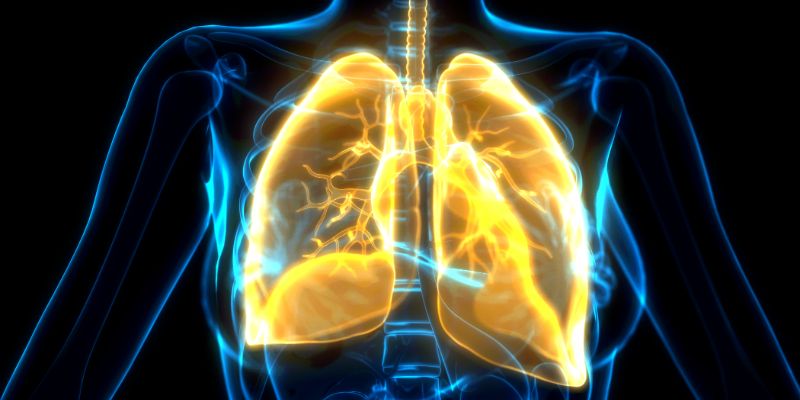Untreated Sleep Apnea Affects Your Health
Sleep apnea is a common sleep disorder that affects millions of people worldwide. It is characterized by repeated pauses in breathing during sleep, which can last from a few seconds to several minutes. If left untreated, sleep apnea can have serious consequences for your health and quality of life. Our Windsor, CT sleep dentist, Dr. Roberta Garceau can help you protect your sleep and health with proper sleep apnea treatment.
We’re dedicated to helping our Connecticut patients in Granby, Hartford, and Simsbury overcome the struggles of sleep apnea.

How Untreated Sleep Apnea Impacts Your Health and Safety
Untreated sleep apnea damages your health in numerous ways:

Cardiovascular System
Almost 50 percent of patients who suffer from sleep apnea also have hypertension. According to Donna Arnett, chair and professor of epidemiology at the Alabama University School of Public Health says, “The evidence is very strong for the relationship between sleep apnea and hypertension and cardiovascular disease.”

Mental Health

Weight Gain

Cognitive Function

Respiratory System

Diabetes
Frequently Asked Questions
How do the three types of sleep apnea differ?
Obstructive Sleep Apnea (OSA)—the throat muscles and mouth tissues relax during rest to the point they collapse into the airway which restricts airflow. As a defense, the brain jolts you awake so that you can breathe properly. This is the most common form of sleep apnea and treatment is geared towards removing the obstruction.
Central Sleep Apnea (CSA)—the brain doesn’t send the correct signal to the body to breathe which means patients aren’t breathing as normal. The brain will jolt you awake so that you can resume breathing as a defense. This is a less common type of sleep apnea and it usually develops due to an underlying issue and thus cannot be treated by a dentist. Treatments will be aimed at treating the underlying cause.
Mixed (Complex) Sleep Apnea (MSA)—as the name suggests, this type of sleep apnea is complex because patients exhibit a combination of symptoms from both OSA and CSA. Your treatment plan may consist of treating underlying conditions while preventing obstructions in the throat.
How can I reduce my risk of sleep apnea?
What should I do if I think I have sleep apnea?
Protect Your Health With Dr. Garceau
Sleep apnea is a serious condition that shouldn’t be ignored. Don’t let it disrupt your sleep and affect your daily life. Take charge of your health today by seeking professional help. Schedule your appointment now by giving us a call at (860) 254-6189 and start experiencing the benefits of a good night’s rest.
